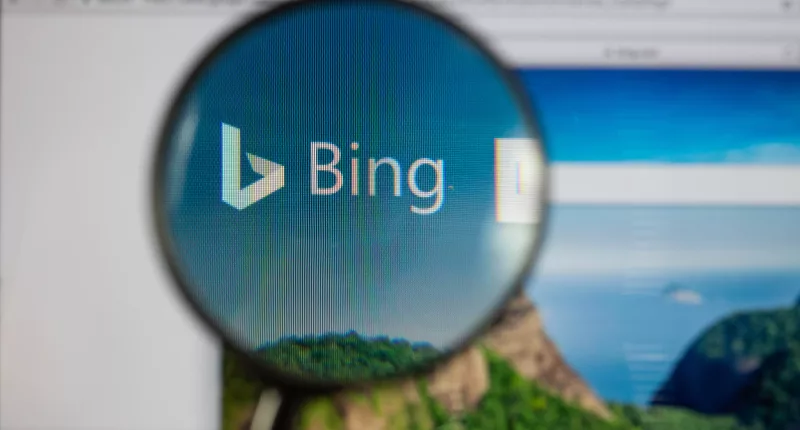Google has, for a long time, had a dominance in the search engine space. But if Microsoft had its way, then Google would have been replaced by Bing as the default search engine on Apple’s platforms by now. As surprising as this sounds, a new report by Bloomberg reveals that Microsoft had held talks with Apple in 2020 to sell Bing – Microsoft’s own search engine – to Apple.
However, these talks never advanced beyond the exploratory phase, suggesting that Apple’s top management, including Eddy Cue, did not seriously pursue the idea. These discussions occurred against the backdrop of Apple’s ongoing relationship with Google, which had been its default search engine on iOS and iPadOS. Testimony during the Federal Trade Commission’s (FTC) antitrust suit against Google revealed that Apple had not seriously considered replacing Google as the default search engine on iPhones. Instead, it appeared that Apple used the possibility of such a change as leverage to secure more financial benefits from Google.
Apple’s relationship with search engines has undergone several evolutions. Bing was the default search engine for Siri and Spotlight searches for a time, beginning with iOS 7. However, this didn’t lead to a complete shift, as Safari continued to rely on Google’s search results. In 2016, discussions were held between Apple’s Tim Cook and Microsoft’s Satya Nadella about potentially expanding their partnership to make Bing the default search engine in Safari. Still, this didn’t materialize, and Apple ultimately renewed its deal with Google and expanded it to include Siri and Spotlight searches.
Apple’s arrangement with Google was indeed lucrative. It was reported that Apple earned upwards of $20 billion annually through this agreement. The revenue-sharing deal secured Google’s position as the default search engine on Apple devices, including the iPhone and iPad. This arrangement was a key reason behind Apple’s reluctance to explore alternatives seriously. Eddy Cue, Apple’s Services VP, revealed that at the time of the initial agreement’s origin, there was no valid alternative to Google. Over the years, no search engine had emerged as a true competitor. While Bing was mentioned as a potential alternative in these discussions, Apple had concerns about Bing’s ability to compete with Google in terms of quality and capabilities. It appears that Apple was not convinced that Bing could offer a search experience on par with Google’s, which had become the default choice for millions of users.
As for Microsoft’s pitch to Apple, the tech titan saw an opportunity in this situation and considered investing multiple billions of dollars in a deal with Apple. The aim was to make Bing the default search engine on Apple’s Safari web browser, challenging Google’s dominance. Microsoft’s CEO, Satya Nadella, even met with Apple’s CEO, Tim Cook, as part of these discussions. This proposed deal would have initially resulted in significant losses for Microsoft but would have been a strategic move to gain market share and revenue for Bing in the long run. However, the challenges were substantial. Given Bing’s smaller market share compared to Google, Microsoft would have had to offer Apple a more significant share of ad revenue generated from user queries, leading to substantial short-term losses.
The Tech Portal is published by Blue Box Media Private Limited. Our investors have no influence over our reporting. Read our full Ownership and Funding Disclosure →






